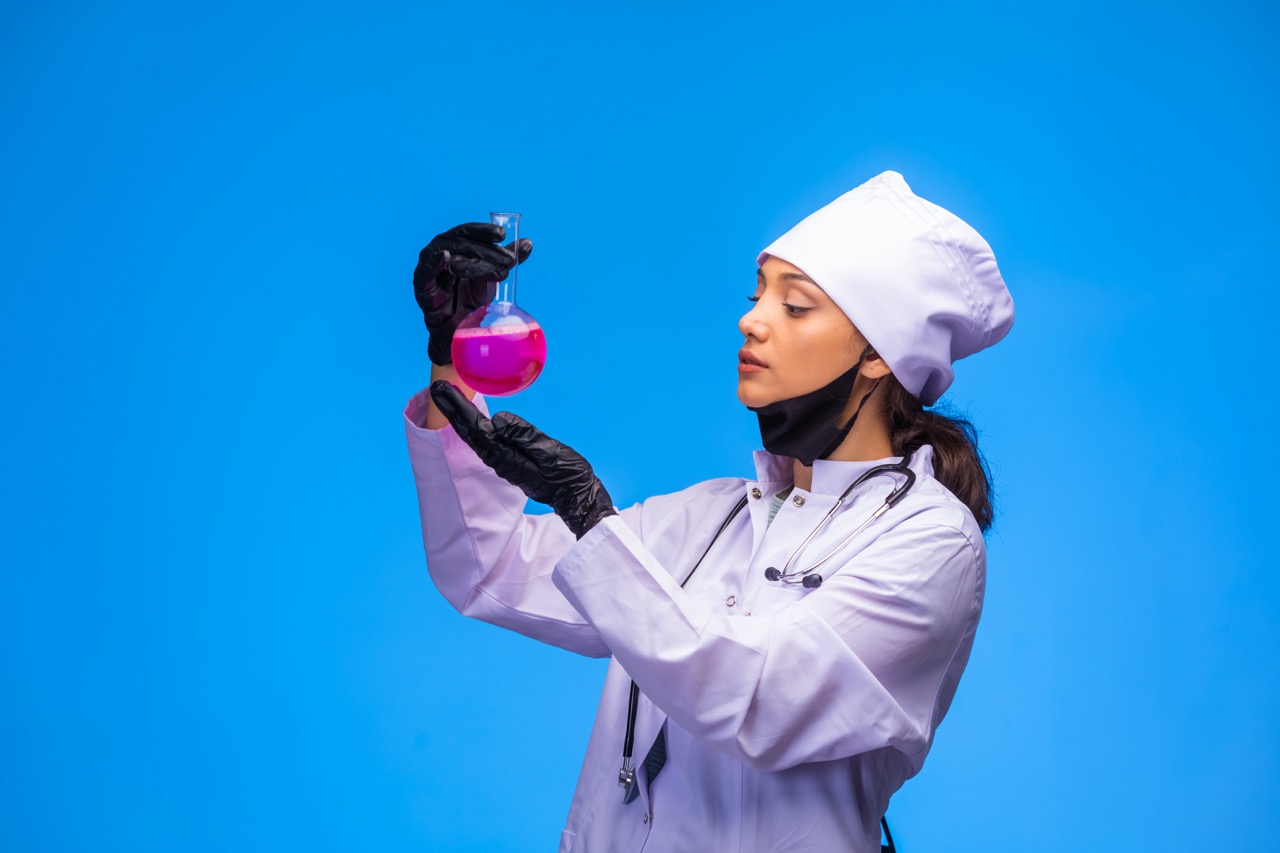Katalin Karikó’s groundbreaking research in mRNA technology has reshaped the landscape of modern medicine, particularly in vaccine development. Her relentless pursuit of understanding the potential applications of mRNA has paved the way for the rapid development of effective vaccines against diseases such as COVID-19. This article delves into the significant contributions of Karikó’s laboratory work, the innovative techniques employed in her research, the challenges faced during the journey, and the profound impact her findings have had on global vaccination efforts.
The Pioneering Research of Katalin Karikó in mRNA Science
Katalin Karikó, a Hungarian-born biochemist, has been a trailblazer in the study of messenger RNA (mRNA) for over three decades. Her work began in the 1980s, when she recognized the potential of mRNA as a therapeutic agent. However, the initial reception of her ideas was met with skepticism, as the scientific community was largely focused on traditional approaches to vaccine development. Undeterred, Karikó dedicated herself to elucidating the mechanisms of mRNA, exploring its role in protein synthesis and its potential to elicit immune responses.
In partnership with Drew Weissman at the University of Pennsylvania, Karikó made pivotal discoveries that fundamentally changed the understanding of mRNA. Through their collaboration, they identified the importance of modifying mRNA to prevent immune rejection and enhance its efficacy as a therapeutic tool. Their work demonstrated that modified mRNA could be safely introduced into cells, prompting them to produce proteins that stimulate an immune response without triggering significant inflammatory reactions.
Karikó’s pioneering research laid the groundwork for the development of mRNA vaccines, particularly during the COVID-19 pandemic. The rapid development and deployment of these vaccines, particularly those by Pfizer-BioNTech and Moderna, showcased the practical applications of her discoveries, transforming her decades of research into a vital public health tool. Today, her contributions are recognized as foundational to the field of genetic medicine, signaling the dawn of a new era in vaccine technology.
Key Laboratory Techniques Used in mRNA Vaccine Development
The development of mRNA vaccines hinges on a variety of sophisticated laboratory techniques that were instrumental in Karikó’s research. One of the primary techniques she utilized is in vitro transcription, a process that allows for the synthesis of RNA molecules from DNA templates. This method enables researchers to produce large quantities of mRNA that can be subsequently modified for therapeutic use. By optimizing this technique, Karikó and her team were able to generate high-quality synthetic mRNA that could be effectively harnessed in vaccine formulations.
Another critical technique employed in mRNA vaccine development is lipid nanoparticle (LNP) formulation. These nanoparticles serve as delivery vehicles for the mRNA, protecting it from degradation and facilitating its entry into human cells. Karikó’s laboratory worked extensively on developing LNPs that could efficiently encapsulate mRNA and ensure its safe and effective delivery. This innovation was crucial in enhancing the stability and bioavailability of mRNA vaccines, allowing for the induction of robust immune responses.
In addition to these techniques, Karikó’s work involved the exploration of mRNA modifications, such as the incorporation of modified nucleotides. These modifications not only improved the stability of the mRNA but also reduced the likelihood of unwanted immune activation. This understanding of mRNA structure and function has been pivotal in advancing vaccine technology, providing a blueprint for future research and therapeutic applications in various fields of medicine.
Overcoming Challenges in mRNA Technology: Karikó’s Insights
Despite her groundbreaking work, Katalin Karikó faced numerous challenges throughout her research journey. In the early stages, she struggled to secure funding and institutional support for her mRNA research, as many in the scientific community viewed her ideas as too ambitious or unfeasible. This lack of recognition did not deter her; instead, it fueled her determination to prove the potential of mRNA as a revolutionary technology. Karikó’s resilience in the face of adversity exemplifies the qualities necessary for pioneering scientific advancement.
As the field advanced, Karikó and her colleagues encountered significant technical hurdles, particularly regarding the stability and efficacy of synthetic mRNA. Early trials showed that the unmodified RNA could provoke strong inflammatory responses, complicating its use as a therapeutic agent. Through meticulous experimentation, Karikó and Weissman developed modified nucleotides that could reduce these inflammatory effects while maintaining the mRNA’s ability to induce an immune response. This breakthrough was a turning point, allowing them to advance their research from the laboratory to clinical applications.
Karikó’s insights into the challenges of mRNA technology highlight the importance of innovation and adaptability in scientific research. Her ability to navigate obstacles and pivot her research focus has not only contributed to the success of mRNA vaccines but has also inspired a new generation of scientists to explore the potential of genetic medicine. By sharing her experiences and knowledge, Karikó has become a beacon for aspiring researchers, emphasizing the value of perseverance in the pursuit of groundbreaking discoveries.
The Impact of Karikó’s Work on Global Vaccination Efforts
Katalin Karikó’s contributions to mRNA technology have had a transformative impact on global vaccination efforts, particularly during the COVID-19 pandemic. The swift development and deployment of mRNA vaccines have provided a crucial tool in combating the virus, enabling countries around the world to administer millions of doses in record time. This unprecedented response has underscored the potential of mRNA technology to deliver rapid and effective solutions to emerging public health challenges.
The success of mRNA vaccines has also reignited interest in mRNA-based therapeutics beyond infectious diseases. Researchers are now exploring the potential of mRNA technology in treating various conditions, including cancer, genetic disorders, and autoimmune diseases. Karikó’s foundational work has opened new avenues for innovation, demonstrating that mRNA can be tailored for diverse therapeutic applications. This shift in focus has the potential to revolutionize medicine, offering hope for treatments that were previously considered unattainable.
In addition to its scientific impact, Karikó’s work has fostered a broader conversation about the importance of investing in research and development. The rapid success of mRNA vaccines has illustrated the value of supporting innovative research initiatives, emphasizing the need for collaboration between academia, industry, and government. As the world continues to grapple with health crises, Karikó’s legacy serves as a reminder of the power of scientific inquiry and the potential for transformative breakthroughs in the face of adversity.
Katalin Karikó’s pioneering laboratory work in mRNA technology has not only revolutionized vaccine development but has also opened new frontiers in genetic medicine. Through her resilience and innovative spirit, she has contributed significantly to global health, demonstrating the profound impact that dedicated research can have on society. As the field continues to evolve, Karikó’s legacy will undoubtedly inspire future generations of scientists to explore the limitless possibilities of mRNA and other cutting-edge technologies in the quest for improved health outcomes worldwide.










